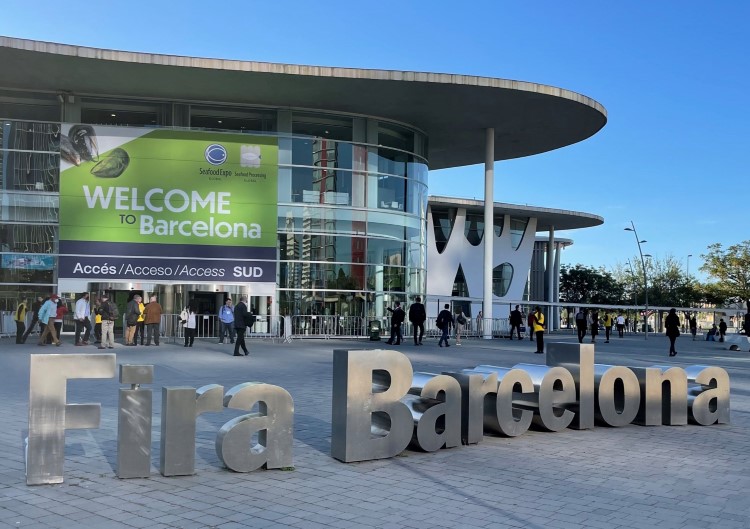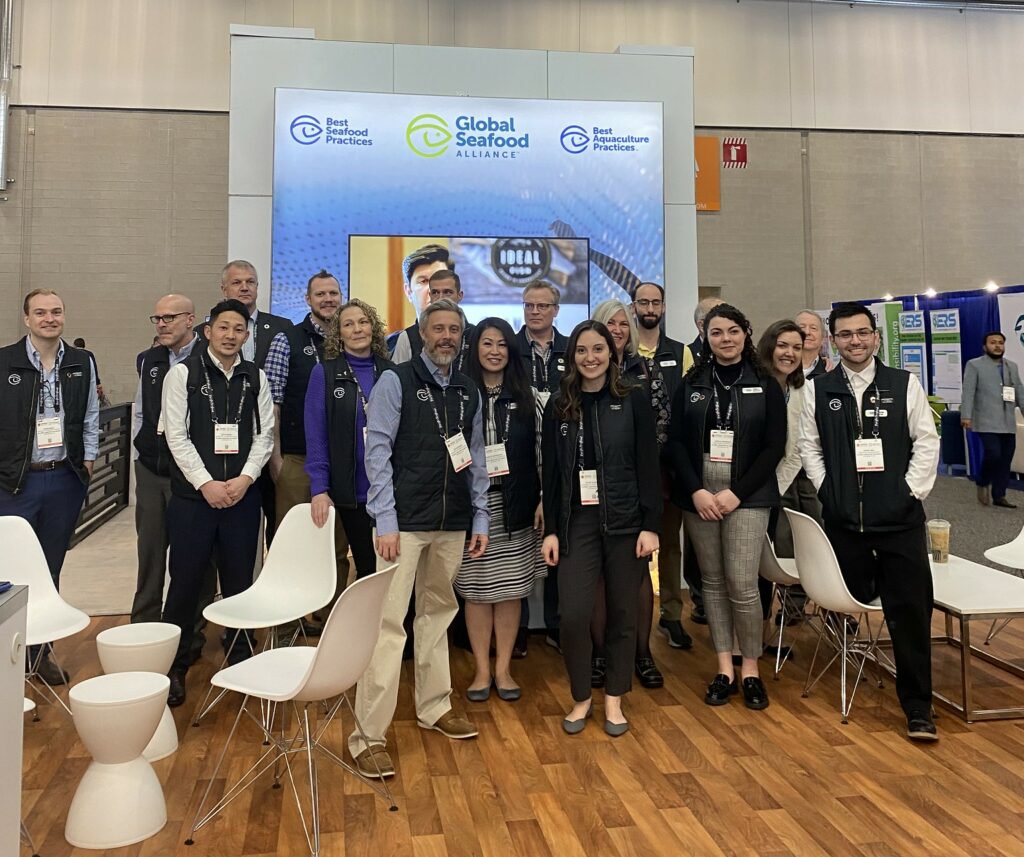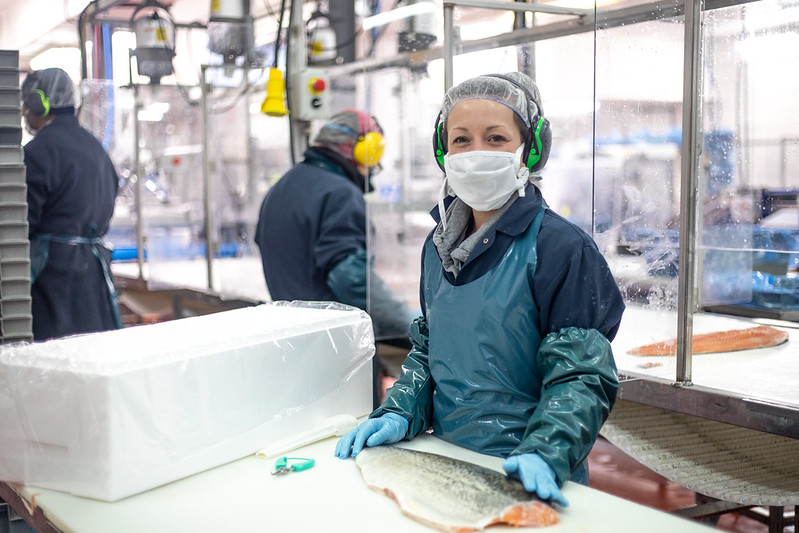Shokuryu Partner Srimic Is Sri Lanka’s First Black Tiger BAP-Certified Processing Plant
With the assistance of partner company Shokuyu Co. Ltd., Srimic Exports Pvt. Ltd.’s shrimp processing plant in Sri Lanka has attained Best Aquaculture Practices (BAP) certification, exemplifying Srimic’s commitment to food safety, environmental responsibility, social responsibility, animal health and welfare, and traceability. It is the second processing plant in Sri Lanka to earn the distinction.
Shokuryu has been doing business with Srimic as a partner processing plant for more than 25 years. The processing plant produces approximately 250 tons of now one-star BAP-certified black tiger shrimp in three product forms – individually quick frozen (IQF), ice blocks and peeled.
“We would like to address that we are the first seafood processing plants that are BAP certified for cultured black tiger shrimp in Sri Lanka,” said Srimic President P.K.D. Venura Lakmal. “In all aspects, it is a mandatory requirement that all seafood stakeholders must comply with sustainable aquaculture and food-safety requirements for the betterment of all human beings on Earth.”
Said Makoto Takeda, President of Shokuryu,“We are proud that Srimic has become the first company in Sri Lanka to attain BAP certification for farmed black tiger at a processing-plant level. Shokuryu will further strengthen its sustainability efforts and continue to provide sustainable and responsible aquaculture products to customers in Japan and around the world.”
“Congratulations on attaining BAP certification. We are very impressed with the steady efforts that Shokuryu and Srimic have made over the past few years,” said Yoshihisa Ikeda, a buyer at Kyushu Consumers’ Co-op Union, a Shokuryu customer and BAP endorser. “We are very pleased that Shokuryu has been supplying our private brand, Q Black Tiger, for a long time and that it has become an indispensable and popular product for our union members. We are grateful to Shokuryu for continuing to offer the product as its private brand, even as the environment for black tiger farming is shrinking worldwide. We would like to ask Shokuryu to continue to supply safe and responsible Sri Lankan black tigers to our union members for the coming future.”
“We are really excited to announce Srimic entering the BAP program with strong support from Shokuryu,” said GSA Vice President of Market Development Steve Hart. “It is companies like Shokuryu and Kyushu Consumers’ Co-op Union that have shown a commitment to responsible seafood production that make all the difference. It is these commitments that will continue to drive improvements in the seafood sector and ultimately provide assurances to consumers in Japan and all around the world that the seafood they are consuming is being brought to them through responsible practices.”
About SRIMIC
SRIMIC EXPORTS was founded in 1982 and is located 25 km north of Colombo City in Sri Lanka. The company has built up a close relationship with the designated farms, and its own team collects the shrimp from the ponds and processes it in a controlled and rapid manner to produce the best quality and freshest Black Tiger products.
About Shokuryu
Shokuryu is a trading and food distribution service company specializing in seafood products.
Shokuryu source a wide variety of seafood products from Japan and abroad, and its regional network of offices allows them to offer and sell their products to a wide variety of customers including retailers, large restaurant chains, hotels, private restaurants, and plants.
About Best Aquaculture Practices
Best Aquaculture Practices is a third-party certification program developed by the Global Seafood Alliance, an international, nonprofit trade association headquartered in Portsmouth, N.H., USA, dedicated to advancing environmentally and socially responsible seafood practices through education, advocacy and third-party assurances. Through the development of its Best Aquaculture Practices and Best Seafood Practices certification standards, GSA has become the leading standards-setting organization for seafood. To learn more, visit www.bapcertification.org.




